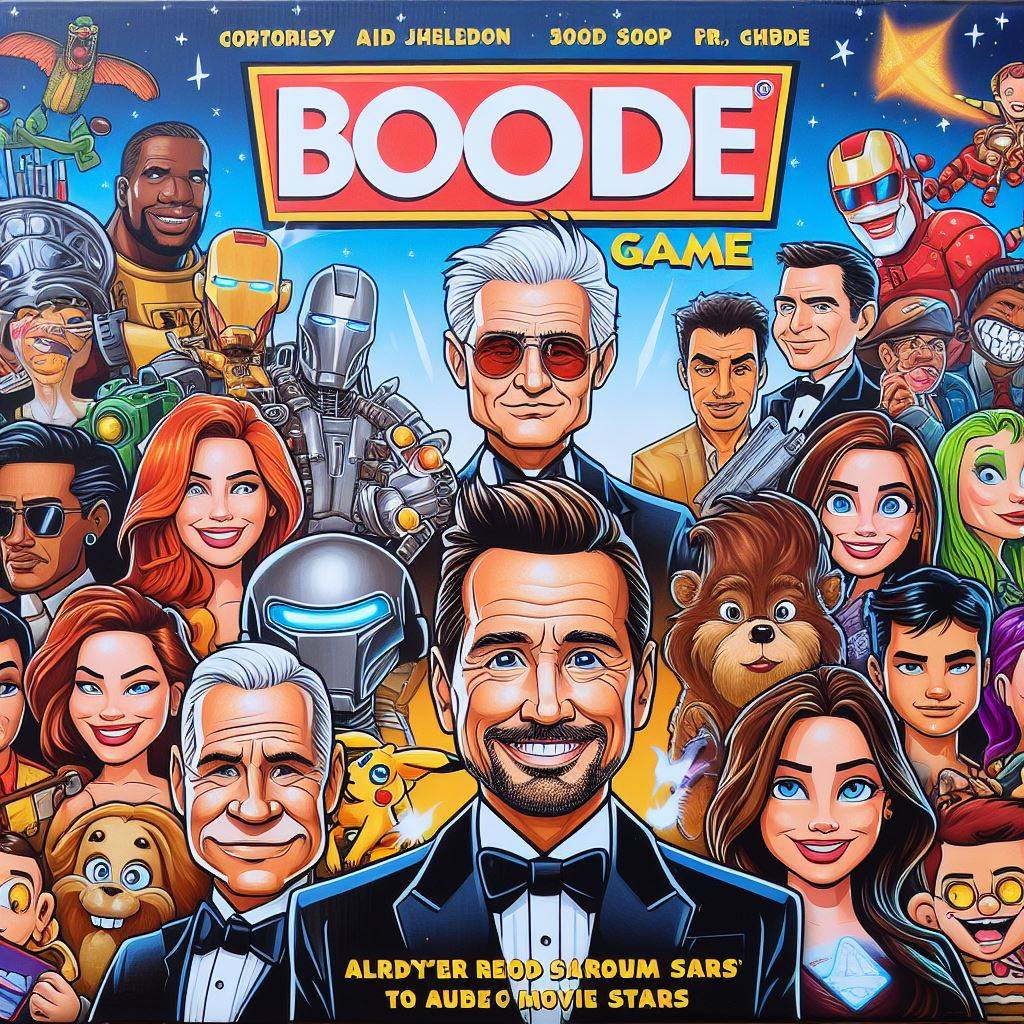Brett J. Trout
Kickstarter recently suspended a campaign for a board game showcasing a well-known intellectual property. The public suspension notice stated the campaign was the “subject of an intellectual property dispute and is currently unavailable.” So did the creators of the game launch their Kickstarter campaign without securing all of the necessary the intellectual property rights?
Kickstarter did post an additional fact about the issue, namely that the dispute involves “Use of images of Mother Firefly, played by actress Karen Black” and that the infringing materials is the “Likeness of Karen Black.” Even before the dispute was finally settled, Andy Van Zandt of the creator, Trick or Treat Studios, confirmed that their position was that “Our House of 1000 Corpses Kickstarter has been temporarily paused due to an infringement dispute surrounding likeness rights of an individual. Please be assured this is an officially licensed product, and we were diligent in securing all necessary approvals.” While it appears the dispute is settled and the creators may have indeed obtained all of the necessary releases, very little information has been publicly disseminated about the issue, so any opinion on the matter is little more than conjecture at this point.
Although this particular dispute may be one of mistaken allegations, it provides an opportunity to review what it means to “license an IP.” In addition to licensing the trademarks and copyrights, if your game includes names and/or likenesses of actual people you must also consider licensing the name, image, and likeness of everyone you intend to use in your game. Typically, for a movie, the name, image, and likeness rights will have been previously obtained and rolled into one agreement, this is not always the case. Sometimes, while the IP owners may have obtained the name, image, and likeness rights as they pertain to the movie, they may not have obtained the right to sublicense those rights for other projects, such as board games.

Assume, hypothetically, you are running a Kickstarter campaign. How do you avoid a dispute like this? The best course of action is to have everyone whose name, image, or likeness you intend to use in your game, including the estates of any deceased individuals, (the “Talent”) execute a name, image, and likeness agreement. The agreement should include clauses detailing how long the agreement lasts, how much the Talent is to be paid, whether the Talent has approval rights regarding the final product, governing law, reservation of rights, etc.
Lets assume though, that you were rash and licensed the intellectual property of a movie for your game, but failed to have one the Talent, sign a name, image, and likeness agreement. Lets also assume that Talent refuses to let your game go forward with her image and likeness. What do you do then? The first thing you do is find out what the Talent wants. Does she want money? Does she want changes to the final product? Does she not want to be associated with the project? Once you know her motivations, you can move toward a settlement. If that is not possible, your only option may be to replace all images of the Talent in your game.
So just what are name, image, and likeness rights? Name, image, and likeness rights are publicity rights. Publicity rights stem from privacy rights which, in turn, stem from the Fourth Amendment to the Constitution. The right of publicity is of a much more recent vintage than the right of privacy however, dating back only a century or so. Unlike the right of privacy, the right of publicity is a person’s right to control the commercial exploitation of their name, image, likeness, etc. to market third-party goods or services without that person’s consent.
Unlike the right of privacy, which is protected by the Constitution and specific federal statutes, the right of publicity is a patchwork of state and common law. This means your rights to your name, image, and likeness vary depending on which state law applies. Even if what you want to do is legal in your state, it may not be legal in another. So if you plan to sell your game nationwide, it is important that you comport with the publicity rights of every state. The best way to do this is to have a name, image, and likeness agreement drafted to cover all aspects of your project in compliance with the law of every state. Make sure to anticipate all of your intended use of the name, image, and likeness, so you do not have to go back later. Plan on having expansions to your game? Make sure that is covered in the agreement. Plan on creating an online version of your game or spinning off a video game? Make sure those are covered as well. Given the complexity and potential issues with these types of agreements, it is important to retain a lawyer who has the requisite experience dealing with intellectual property and the right of publicity.
The right of privacy is an ever-changing minefield that can easily land you and your game in court facing down and injunction that could send your game into development hell. Be aware that what constitutes the right of publicity today may be different tomorrow. To avoid third-party lawsuits it is important to educate yourself as to what laws govern your particular intended use of other-people’s names, images, and likenesses. Be prepared to spot right of publicity issues before they arise, so you can get all of the proper licenses in order. Even if you have obtained all of the proper licenses, be sure to quickly address all accusations of infringement to clear up any potential misunderstandings. Being technically right will be of little solace if your game gets confiscated at your warehouse due to a lawsuit by a model or an actor who may have less knowledge of image rights than you do.





Recent Comments